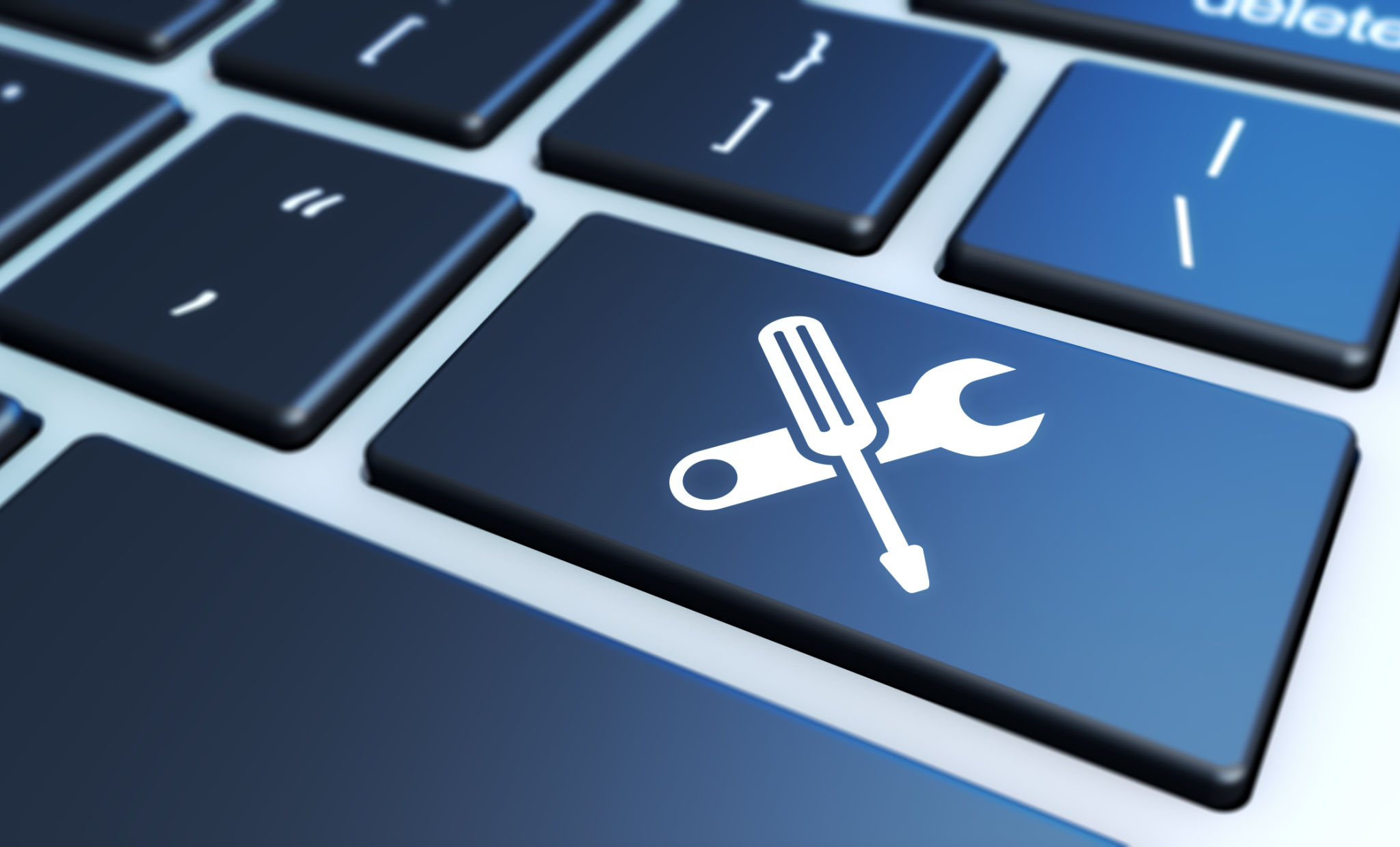Common Misconceptions About Hardware Longevity
Al
Introduction to Hardware Longevity
When it comes to hardware, many users are often concerned about how long their devices will last. This concern is valid, especially given the investment often required for high-quality equipment. However, there are several misconceptions that can cloud our understanding of hardware longevity. In this post, we'll explore some of these common myths and provide clarity on what truly affects the lifespan of your devices.
Myth 1: Expensive Hardware Lasts Longer
It's a widespread belief that the more you spend, the longer your hardware will last. While high-end devices may come with superior components, longevity is not guaranteed. Factors such as usage patterns, maintenance, and environmental conditions play a significant role in determining the lifespan of your hardware. Therefore, investing in expensive equipment doesn't inherently mean it will outlast more affordable options.

Myth 2: Usage Frequency Determines Longevity
Another common misconception is that the frequency of use is directly proportional to how long hardware will last. While it is true that frequent use can lead to wear and tear, modern devices are designed to handle regular usage. What matters more is how the device is used and maintained. Overloading or using devices in unsuitable environments can accelerate degradation.
Myth 3: Newer Models Are Always More Durable
The rapid pace of technological advancement often leads to the assumption that newer models are inherently more durable than their predecessors. However, this isn't always the case. Sometimes, manufacturers prioritize cost-saving measures or add features that may compromise durability. It’s crucial to assess each model individually rather than assuming newer means better.

Factors Influencing Hardware Longevity
Several factors influence the longevity of hardware, beyond just price and usage frequency. Here are some key considerations:
- Build Quality: Devices with robust build quality generally fare better over time.
- Maintenance: Regular cleaning and proper storage can significantly prolong a device's life.
- Environmental Conditions: Exposure to extreme temperatures or moisture can damage hardware.
The Importance of Proper Maintenance
Maintenance plays a critical role in extending the life of your hardware. This includes regular cleaning to prevent dust buildup, using surge protectors to avoid electrical damage, and ensuring proper ventilation to prevent overheating. By adopting a proactive approach to maintenance, you can mitigate many of the risks associated with hardware degradation.

Conclusion
Understanding the factors that truly impact hardware longevity can help dispel common myths and guide you in making informed decisions about your technology investments. While it's easy to get caught up in marketing hype or anecdotal advice, focusing on quality, care, and appropriate usage will ultimately ensure your devices serve you well for years to come.
So next time you're considering an upgrade or assessing the potential lifespan of your current gear, remember that it's not just about price or model but about how you treat and maintain your equipment.